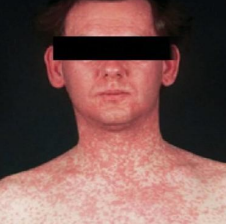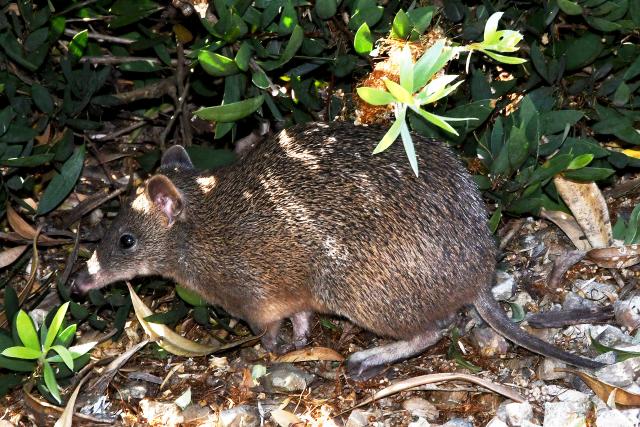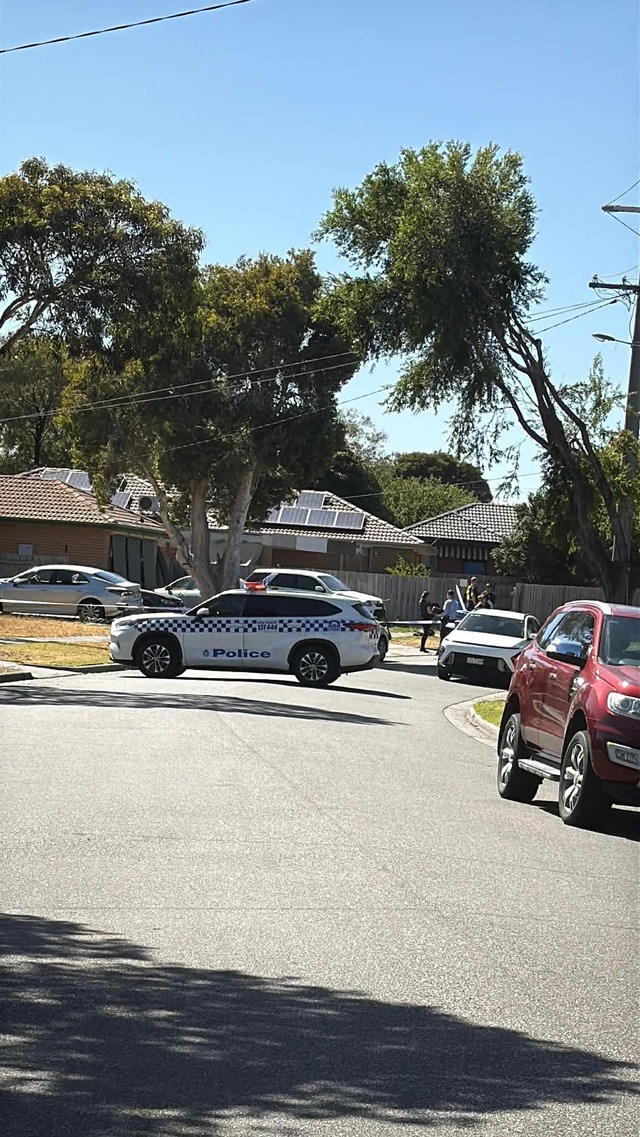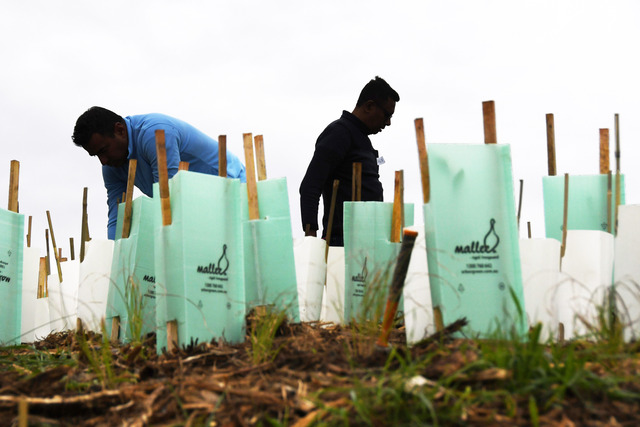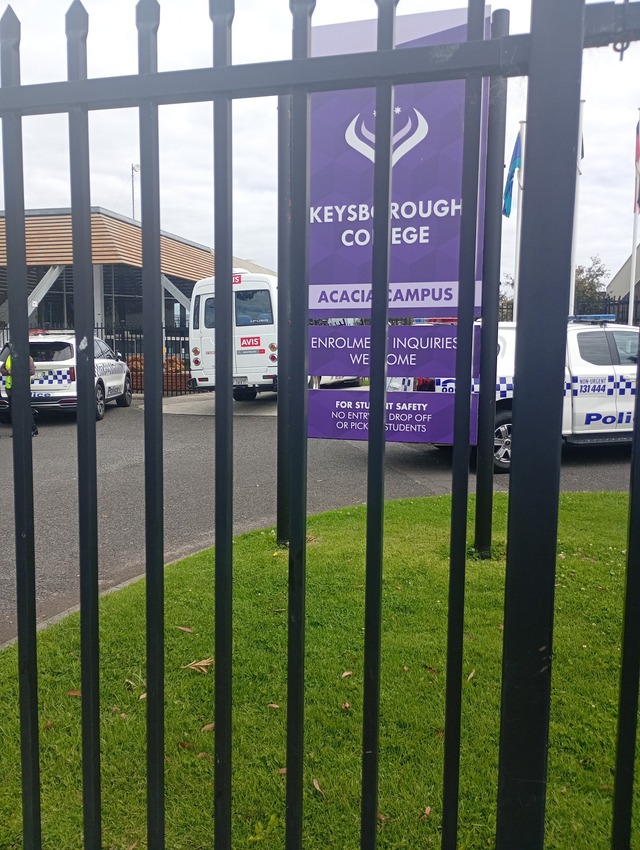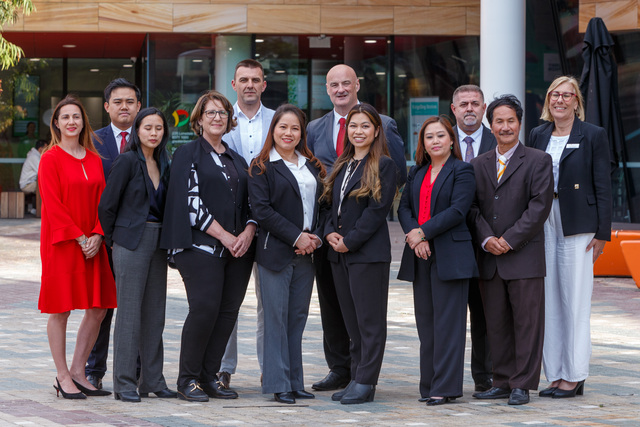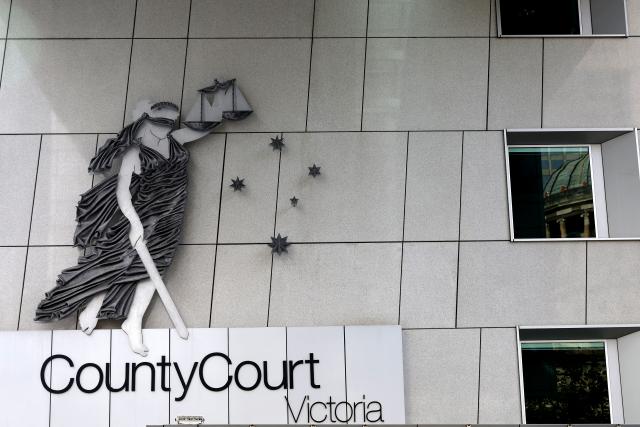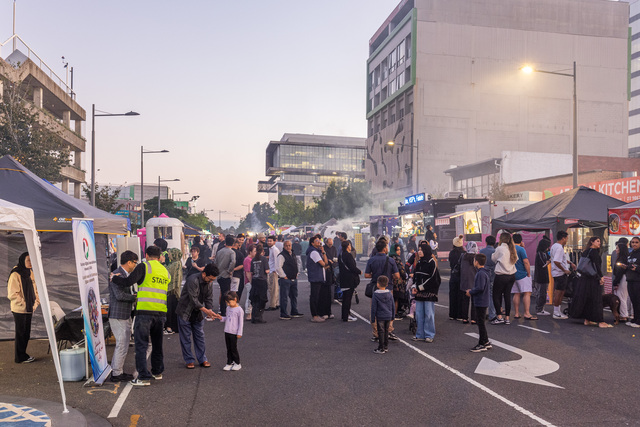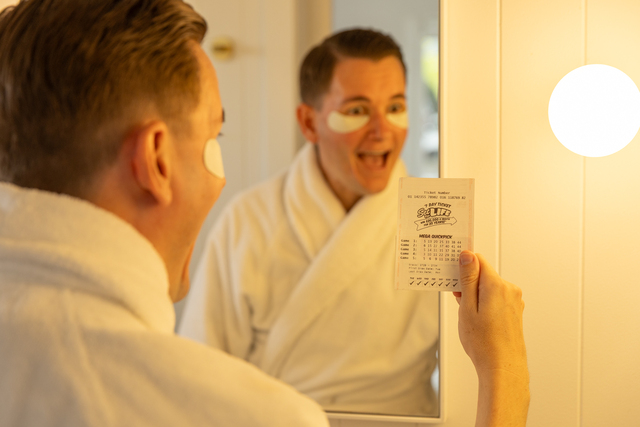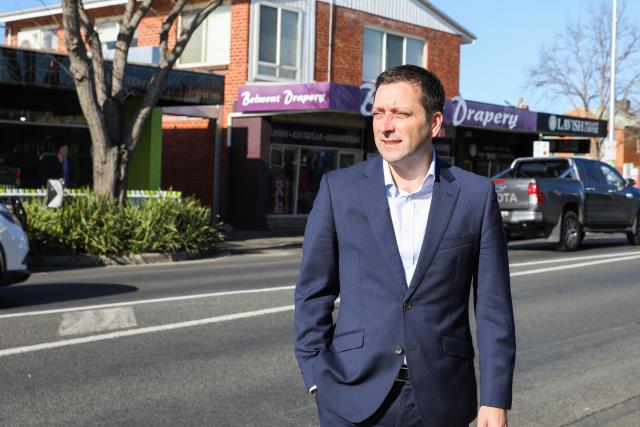Two new cases of measles have been recently diagnosed with public exposure sites in Melbourne including the Lynbrook hotel in Lynbrook.
A woman in her 20s – who was visiting from New Zealand – was diagnosed once she returned home as well as a Melbourne man in his 20s following contact with an earlier known case. He is now recovering at home.
The person was infectious while attending the Lynbrook Hotel on the South Gippsland Highway on Thursday, 12 September from 7.30pm to 9.30pm. The onset of symptoms can last until Monday, 30 September.
New Zealand is currently experiencing a widespread outbreak of measles with over 1200 cases notified this year, including ongoing cases in Auckland and more recently, Queenstown.
A large outbreak of measles continues to affect Asia, Europe and America. Virtually any overseas travel could lead to exposure to measles at the current time.
People who are planning any overseas travel should ensure they have received vaccinations appropriate to measles-mumps-rubella (MMR) vaccine if they do not have a documented history of two previous MMR vaccinations, Victoria’s Chief Health Officer, Dr Brett Sutton said.
“Free MMR vaccine is now available from GPs and some pharmacies for all eligible people born during or since 1966. Patients unsure of their vaccination status or are aged over 18 months and have only had one vaccine, should be vaccinated.”
Measles is a highly infectious viral disease that can cause serious illness. Those most at risk of serious illness include very young children and adults with weakened immune systems.The illness usually begins with common cold symptoms such as runny nose, red eyes and a cough, followed by fever and rash.
People can develop pneumonia and other serious complications from the disease, and often need to be hospitalised.The characteristic measles rash usually begins 3-7 days after the first symptoms, generally starting on the face and then spreading to the rest of the body.
In 2019 there have now been 36 cases of confirmed measles notified in Victoria. Almost all cases are in people who are not fully immunised against measles, who have either travelled overseas or been in contact with travellers from overseas in Victoria.

